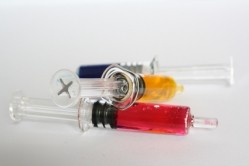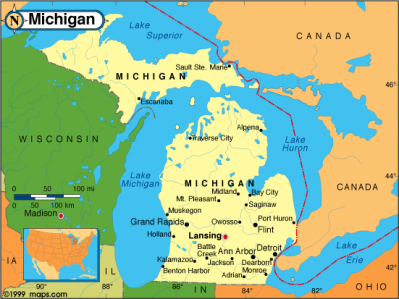GPhA reaches compromise on thorny biosimilars substitution question

GPhA said it supports state laws where pharmacists need not seek permission to prescribe an interchangeable biologic, but must inform the patient’s doctor electronically. The proposal does not require pharmacists to tell patients about the substitution.
George Goodno, spokesman for the Biotechnology Industry Organisation (BIO), told BioPharma-Reporter.com GPhA's text was written in collaboration with a separate, ad hoc coalition of innovator and biosimilar makers, including BIO, and, BioPharma-Reporter.com understands, Hospira, Amgen and Genentech.
“This new language brings GPHA’s position fully in line with that which BIO has advocated,” said Goodno. “We expect that with all major industry associations in alignment, state policy makers will take notice and see that now is the time to adopt legislation allowing for the dispensing of biosimilars and the eventual substitution of interchangeable biologics.”
‘Electronic system’
Under GPhA’s suggested wording, pharmacists would have an unspecified “reasonable time” following dispensation to communicate the name and manufacturer of the biologic to the prescribing doctor.
Ideally, this information should be communicated “by making an entry in an interoperable electronic medical records system or through an electronic prescribing technology or a pharmacy record that is electronically accessible by the prescriber.”
Where this technology isn’t available, pharmacists should use faxes or phones, said GPhA.
The proposed legislation would not allow refill prescriptions to switch from an originator to a biosimilar.
The State of things
The 2010 Patient Protection and Affordable Care Act (known as Obamacare) allows biosimilars to be switched for a reference product, provided there are “no clinically meaningful differences” between the two.
But states are divided on how this substitution should be made – and specifically, whether doctors and patients should be informed of the switch and have the option to reject it.
At present, US states have varying laws, or none, governing biosimilars substitution, as shown in BioPharma-Reporter.com’s infographic.
So far Florida, North Dakota, Oregon, Utah, Virginia and Indiana have passed laws surrounding substitution, but legislation has failed in many other states. In 2013, California passed a law giving doctors veto power over substituting biosimilars.
GPhA said if its suggestion is adopted, it would give millions of Americans access to “safe alternatives to costly biologic medicines” – a figure it estimated would bring savings of $250bn in 10 years for only the eleven likeliest biosimilars to enter the market.
The proposed rules uphold current pharmacy practice for small molecules drugs, which can be automatically substituted with generics without the notification or permission of prescribers.
Most US state legislatures will begin sitting for their 2015 sessions in January.










